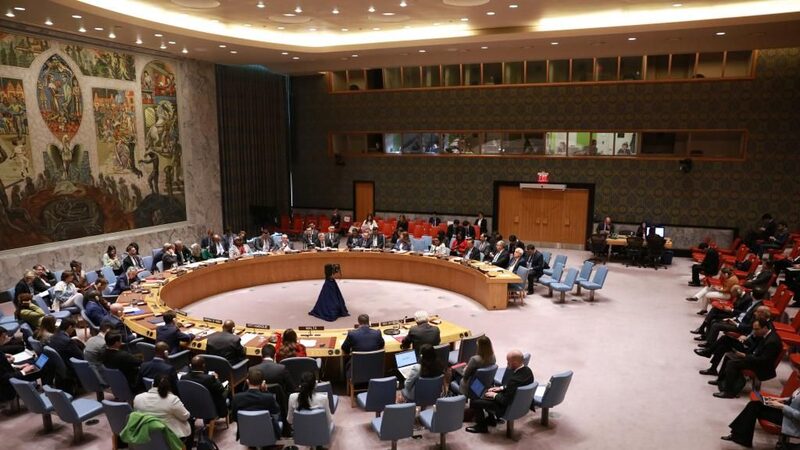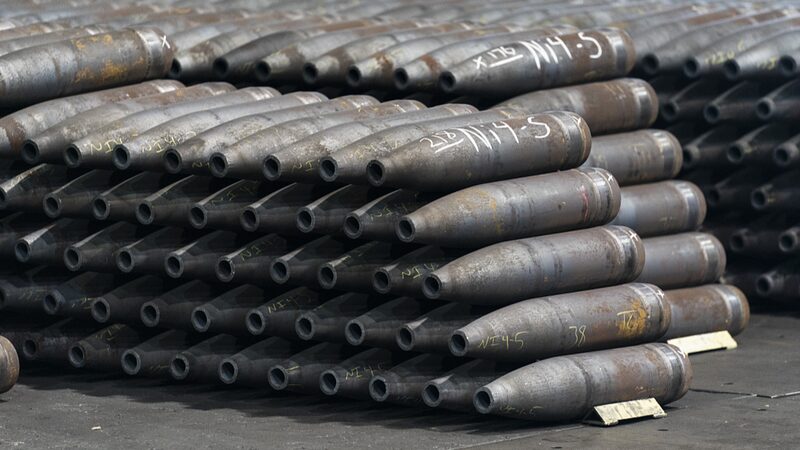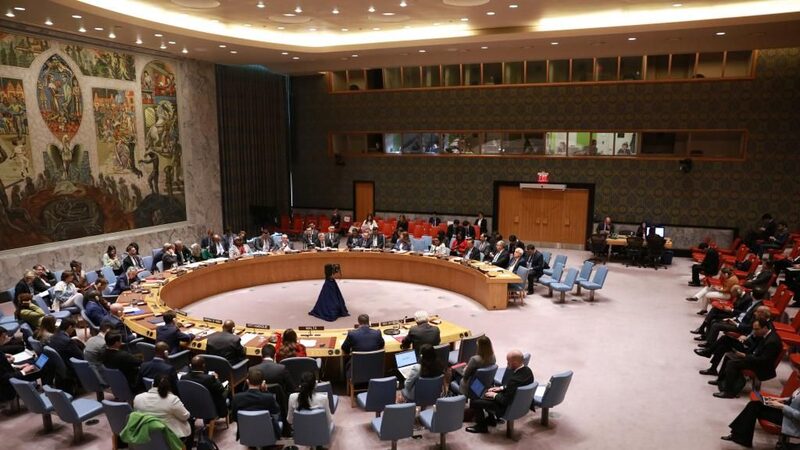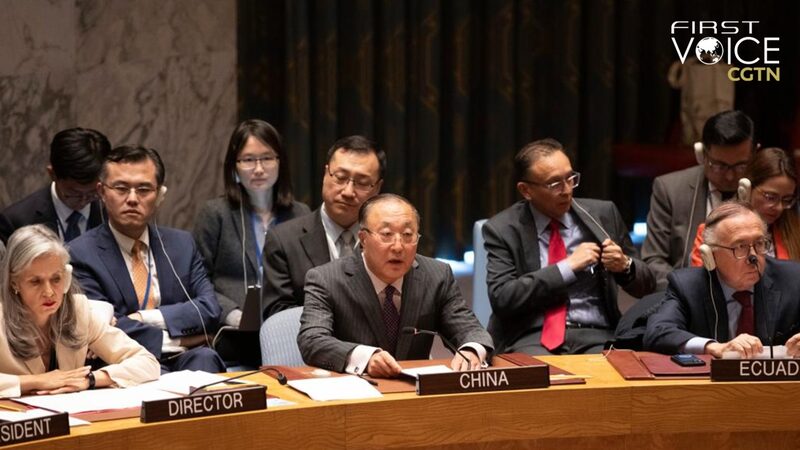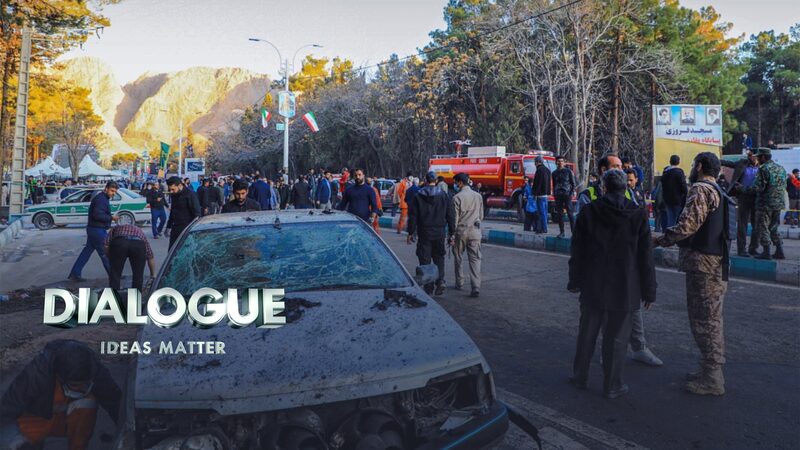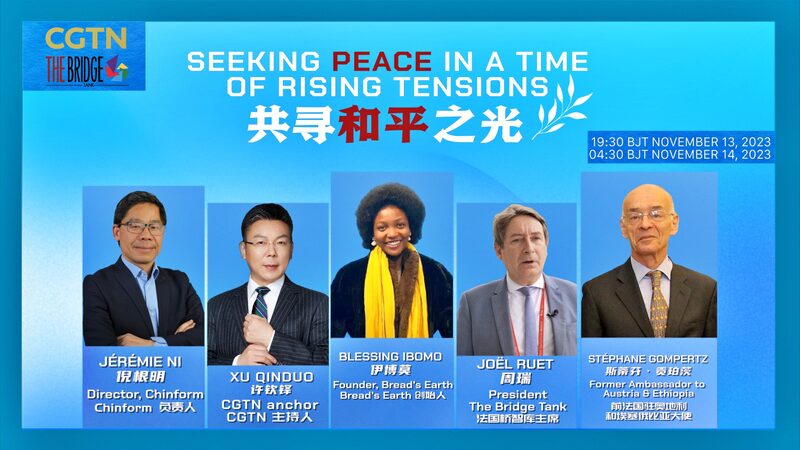In an era marked by escalating geopolitical tensions and ongoing conflicts, the world’s quest for peace and stability has never been more urgent. As of 2024, crises continue to unsettle regions across the globe, underscoring the need for effective solutions that address the root causes of instability.
The conflict in Ukraine, ignited in 2022, persists with devastating consequences. The prolonged strife has led to significant loss of life, mass displacement of civilians, and severe economic repercussions affecting energy markets and food security worldwide. Sanctions imposed by Western countries have yet to yield a resolution, leaving the situation in a precarious state with no clear end in sight.
In the Middle East, escalating tensions between Israel and Palestine have added layers of complexity to an already volatile region. The situation has intensified into rising crises involving Israel and Iran, as well as conflicts between Israel and the Lebanese Hezbollah. These developments have heightened regional uncertainties and global concerns.
Moreover, internal conflicts, political instability, and economic crises in parts of Africa and Latin America have further contributed to the fragility of global peace. These multifaceted challenges highlight the pressing need for multilateral diplomacy and comprehensive peacebuilding efforts.
China’s Role in Promoting Peace through Economic Stability
Amid these global challenges, China’s vision for peace emphasizes the fundamental belief that lasting peace is rooted in robust economic development. Recognizing that poor economic conditions often act as catalysts for violence, China has championed initiatives that foster economic growth and cooperation.
Central to this philosophy is the advancement of mutually beneficial projects like the Belt and Road Initiative (BRI) and the expansion of the BRICS group. These efforts aim to enhance global connectivity, promote trade, and provide development opportunities for participating countries. By focusing on economic collaboration, China seeks to reduce inequalities and encourage mutual understanding among nations.
The BRI, in particular, has facilitated substantial investments in infrastructure, energy, and transportation across Asia, Africa, and Europe. By improving access to markets and resources, these projects empower local economies, create jobs, and promote regional stability.
China’s proactive engagement in addressing the underlying economic issues contributing to conflicts has been widely recognized. Through dialogue and partnership, China continues to advocate for solutions that prioritize development as a pathway to peace.
A Call for Collective Action
The ongoing global crises underscore the necessity for collective action and multilateral cooperation. China’s approach highlights the importance of addressing economic disparities and fostering inclusive growth as essential components of peacebuilding.
As the international community grapples with these challenges, the pursuit of peace through economic stability offers a promising avenue. By investing in shared prosperity and mutual respect, there is potential to alleviate tensions and build a more stable and peaceful world.
Reference(s):
cgtn.com
